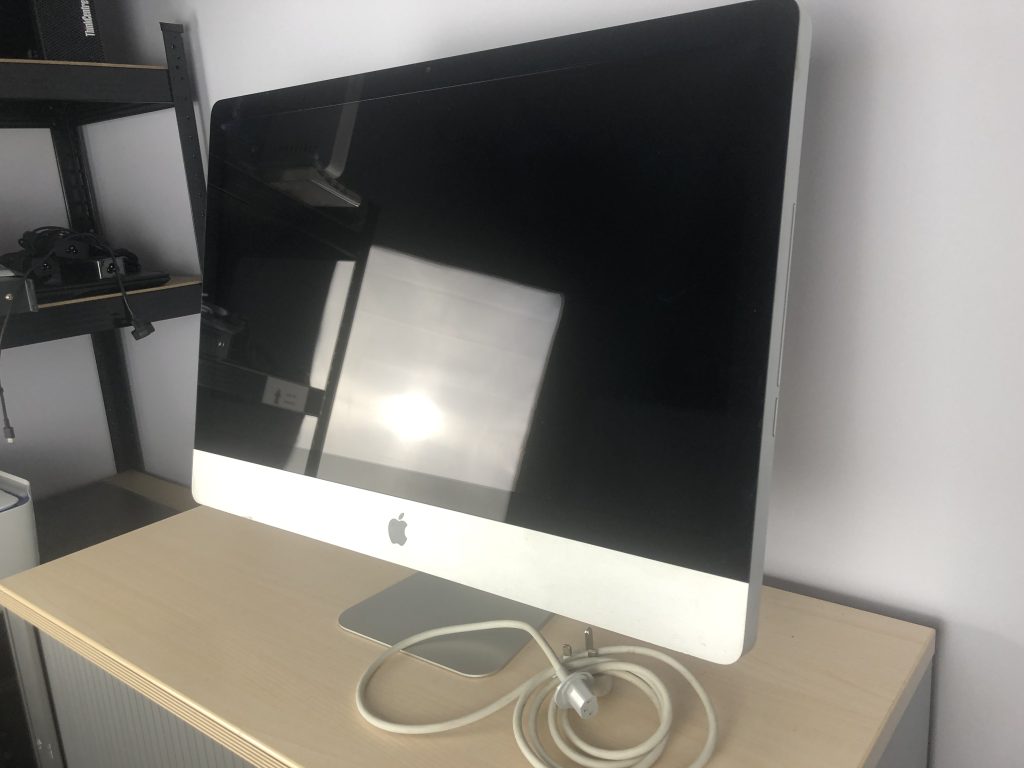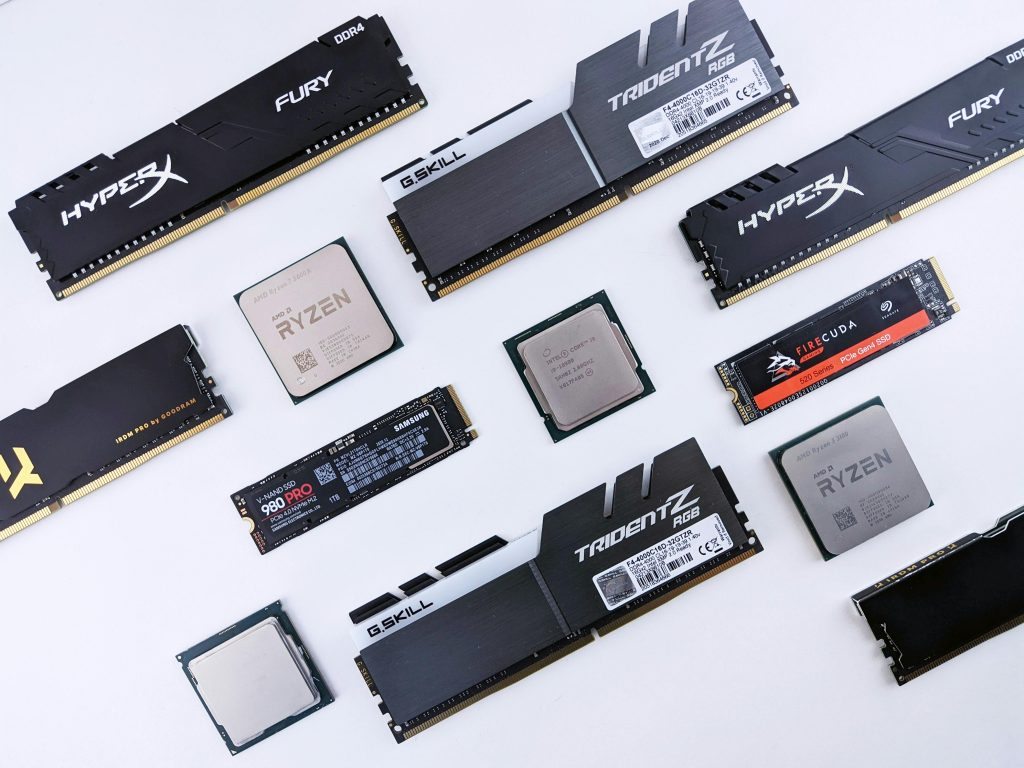The Future of Cybersecurity: A Shift Towards Automation and Engineering
In a recent exploration of Google’s latest SecOps report, I’ve uncovered some intriguing insights about their security operations that challenge conventional thought in the industry.
Key Takeaways from Google’s Security Approach:
-
Automated Detection at Scale: Google’s detection team oversees an extensive Linux infrastructure, achieving remarkably low dwell times—measured in hours, compared to the industry standard which often extends to weeks.
-
Unified Roles for Efficiency: Their detection engineers are not only responsible for creating alerts but also for managing and triaging them. This integration eliminates barriers between teams, promoting a more streamlined response to threats.
-
Enhanced Productivity with AI: By leveraging Artificial Intelligence, Google has succeeded in reducing the time spent on executive summary writing by an impressive 53%, all while maintaining the quality of their reports.
What fascinates me the most is the shift in perception regarding cybersecurity. Google is reimagining security not just as a defensive measure but as an engineering discipline, placing a premium on automation and technical skills over traditional security expertise. This prompts an essential question: Will conventional security roles evolve into engineering positions in the future?
For those passionate about cybersecurity and its trends, I regularly share insights like these in my newsletter tailored for cybersecurity leaders. Stay informed by subscribing at mandos.io/newsletter.
Share this content:



